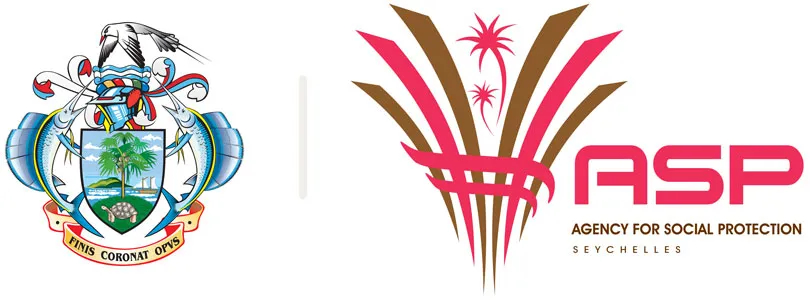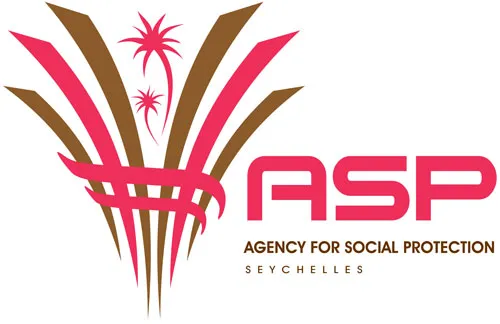ASP and social benefits budgets passed by National Assembly and World Bank backs reforms being undertaken at ASP
In the National Assembly to defend these budget heads yesterday were Minister for Employment and Social Affairs, Patricia Francourt, and newly appointed chief executive of the ASP, Brenda Morin. The new government’s main aim when it comes to the ASP and social benefits is to ensure that the benefits are managed properly with more fiscal responsibility, so as to eliminate opportunities for abuse. “The budget for the benefits is around R1.43 billion and R39.14 million for recurrent expenses. Compared to 2020, there is a reduction of R222.9 million for the social benefits budget, reason being that there are nine schemes that have been transferred to other departments and ministries,” stated Minister Francourt.
The schemes that no longer fall under the social benefits and approved programmes are:
- the bursary allowance for the National Institute of Health and Social Studies (NIHSS) and Seychelles Tourism Academy (STA) which is being managed by the respective schools and Ministry of Education;
- the student inter-island boat ferry scheme which has been transferred to the Ministry of Education, NIHSS and STA;
- the student bus fare scheme, moved to the education ministry, NIHSS and STA;
- the dedicated fund for vulnerable children which was also transferred to the Ministry of Education; the apprenticeship scheme which has been placed under the purview of the Ministry of Education and STA;
- the vulnerable repair scheme which has been transferred to the Ministry of Land and Housing; the part-rental scheme which has also been placed under the responsibility of the Ministry of Land and Housing;
- the skills development scheme which has been transferred to the employment department; and the youth unemployment scheme which is now also being managed by the employment department.
“As we all know the Unemployment Relief Scheme (URS) has been abolished and this has also contributed to the budget reduction, by about R270 million which would have been the sum spent in 2021 if this scheme had continued,” added Minister Francourt. The ASP’s core mandate is to guarantee a comprehensive social security programme, and protect the most vulnerable within the constitutional and legislative framework of Seychelles. Some of its objectives for the next three years are to eliminate cash payment to welfare and benefit recipients, upgrade its Social Welfare Information System (SWISS) by introducing a computerised system for collection and payments as well as to improve efficiency and effectiveness in operations to reduce abuse.
Plagued with allegations of fiscal mismanagement and abuse, the ASP under the new government is embarking on a series of “drastic reforms’, backed by World Bank recommendations, to create a more efficient agency. “These reforms are to ensure that the benefits are made available to the most vulnerable in our society and to ensure those who can work do not abuse on the social welfare system year after year,” said Minister Francourt.
The working conditions of home carers and care-giving services were hot topics of discussions with the members of the National Assembly (MNAs) yesterday. Minister Francourt noted that about 300 home carers received initial training to better help their clients, but also added that these carers need to be further trained and the job should fall under a professional framework. “We still have a lot of challenges with home carers and one of the World Bank’s recommendations is to revise the home carers’ scheme. In the past, we have worked collaboratively with the Ministry of Health to educate the home carers and to make the job more professional. Home carers have a lot to do and they need the proper knowledge to do so,” said the minister. Ms Morin added that ASP counts a total of 3,878 home carers, and the goal is to move them from the home carers scheme under the benefits and approved programmes of ASP to employment contracts. In relations to misappropriation of funds and abuse at the ASP, a point which was raised by Honourable Wavel Woodcock, Ms Morin said that she observed some concerning statics when she took up her post a few months ago. “The home carer scheme is solely for Seychellois but we have seen people who are on gainful occupation permits (GOPs) or permanent resident permits but who are getting paid by ASP as home carers and this will need to be investigated,” said Ms Morin. Minister Francourt added: “We discover something new at the ASP every single day and nothing surprises us at this point. This issue of foreigners working as home carers just came to our attention one and a half weeks ago [..] We have calculated that there are 14 persons who have expatriate home carers taking care of them and when we conducted our research we found that only two carers had GOPs, so we wonder how they got into the country and how the government is now paying them.”
The minister further provided statistics which shows significant reduction in the number of Seychellois benefitting from the unemployment benefits and supplementary benefits since last year.
A total of 9,256 persons were on the unemployment benefit in 2020. In October 2020, the ASP recorded 2,003 registered persons on the unemployment benefit at the cost of R6.5 million.
However, this gradually decreased to 1,512 beneficiaries (around R4 million) in November 2020, 861 persons in December 2020 (R2.5 million), 286 persons in January 2021 (R840,000), 29 persons in February 2021 (R93,000) and 24 beneficiaries in March 2021 (R78,000). A similar decline, although not as drastic, was observed among beneficiaries of the supplementary benefits ‒ these are persons who receive assistance from ASP because they cannot make ends meet even with an income. ASP had budgeted a total of R55 million for the supplementary benefits in 2020 and Minister Francourt noted that a total of 18,000 persons received assistance under the scheme during 2020. In October 2020, about 2,580 persons received supplementary benefits; 2,449 persons in November 2020; 2,371 persons in December 2020; 1,678 beneficiaries in January 2021; 1,474 in February 2021 and the most recent statistics from March shows that the number has again dropped to 1,294 beneficiaries.
Under the benefits and approved programmes of the ASP budget for 2021, a sum of R279 million will go towards the home carer scheme, R77 million to the social safety net, R110.9 million for invalidity benefits, R103.5 million for disability benefits, R100,000 for the survivor benefit, R600,000 for orphans, and R11.8 million for semi-orphans. The largest chunk of the R1.4 billion has been set aside for retirement benefits which have been budgeted at R787.5 million. The budgets for the ASP and its benefits and approved programmes were approved unanimously by the National Assembly. The budget for the Social Workers Council was similarly approved without debate.

